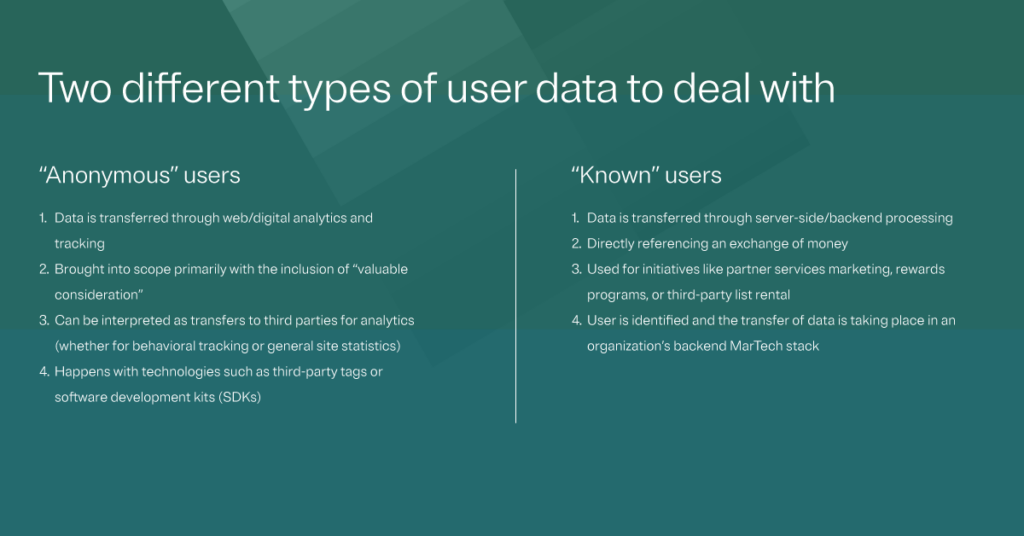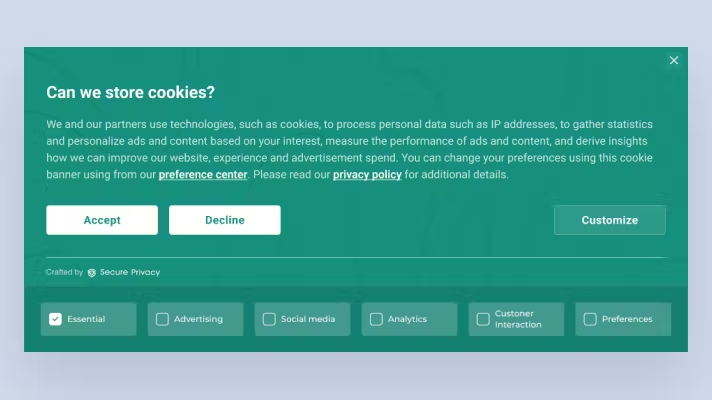California Governor Gavin Newsom has vetoed a bill that would have required web browsers and mobile operating systems to include an option for consumers to opt out of data collection and sharing. This bill, approved by the California State Legislature, aimed to give users more control over their personal information by sending opt-out preference signals to businesses. Despite its consumer privacy focus, Newsom declined to sign the bill, citing concerns about placing mandates on operating system developers.
What’s Happening & Why This Matters
The Bill’s Purpose and Scope
The proposed bill was designed to strengthen user privacy protections by requiring makers of web browsers and mobile operating systems to provide an opt-out setting for consumers. This setting would allow users to block the sale or sharing of their personal data, as well as limit the use of sensitive information. If passed, it would have been illegal for businesses to provide software that did not include this opt-out option. The bill sought to build upon the California Consumer Privacy Act (CCPA) and the California Privacy Rights Act, both of which aim to give residents more control over their personal information.
Governor Newsom’s Reason for the Veto
In his veto message, Governor Newsom expressed his support for enhancing consumer privacy but opposed the idea of mandating these changes at the operating system level. He pointed out that no major mobile operating system currently offers an option for sending a universal opt-out signal, unlike many internet browsers that already include this feature or allow users to install plug-ins for it. Newsom argued that design questions regarding privacy features should be left to developers, not regulators, to maintain the usability of mobile devices.
Reactions from Advocates and Industry
Consumer privacy advocates were disappointed by the veto, seeing it as a missed opportunity to advance user privacy rights. Justin Kloczko, a tech and privacy advocate for Consumer Watchdog, expressed concern about the influence of companies like Google, which opposed the bill. He criticized the governor for not acknowledging the lack of a global opt-out feature on popular browsers like Google Chrome, Apple Safari, and Microsoft Edge, which dominate the market.

Meanwhile, privacy-focused organizations like Consumer Reports voiced frustration, emphasizing that the bill would have empowered Californians to better protect their privacy. They argued that without legal pressure, tech companies are unlikely to voluntarily provide meaningful privacy options. Consumer Reports had backed Global Privacy Control (GPC), a tool intended to make opting out of data sales easier and legally binding, but noted that it has yet to be widely adopted by major browser makers.
Industry Pushback and Political Influence
The bill faced opposition from major tech companies, including Google, which reportedly lobbied Governor Newsom to veto it. Google’s objections centered around the potential business impact of automatically blocking data collection, which remains a key part of their revenue model. While the State Legislature passed the bill with substantial majorities in both chambers, the last time California lawmakers successfully overturned a governor’s veto was decades ago, making an override unlikely.

TF Summary: What’s Next?
Governor Newsom’s veto of the opt-out bill leaves California consumers without a universal way to block the sale and sharing of their personal data. While the governor expressed his commitment to privacy, the decision puts the responsibility back on tech companies to voluntarily offer better privacy protections — something they have been slow to do. As the debate over data privacy continues, it remains to be seen whether future legislation will address the growing concerns surrounding user data and corporate surveillance.


